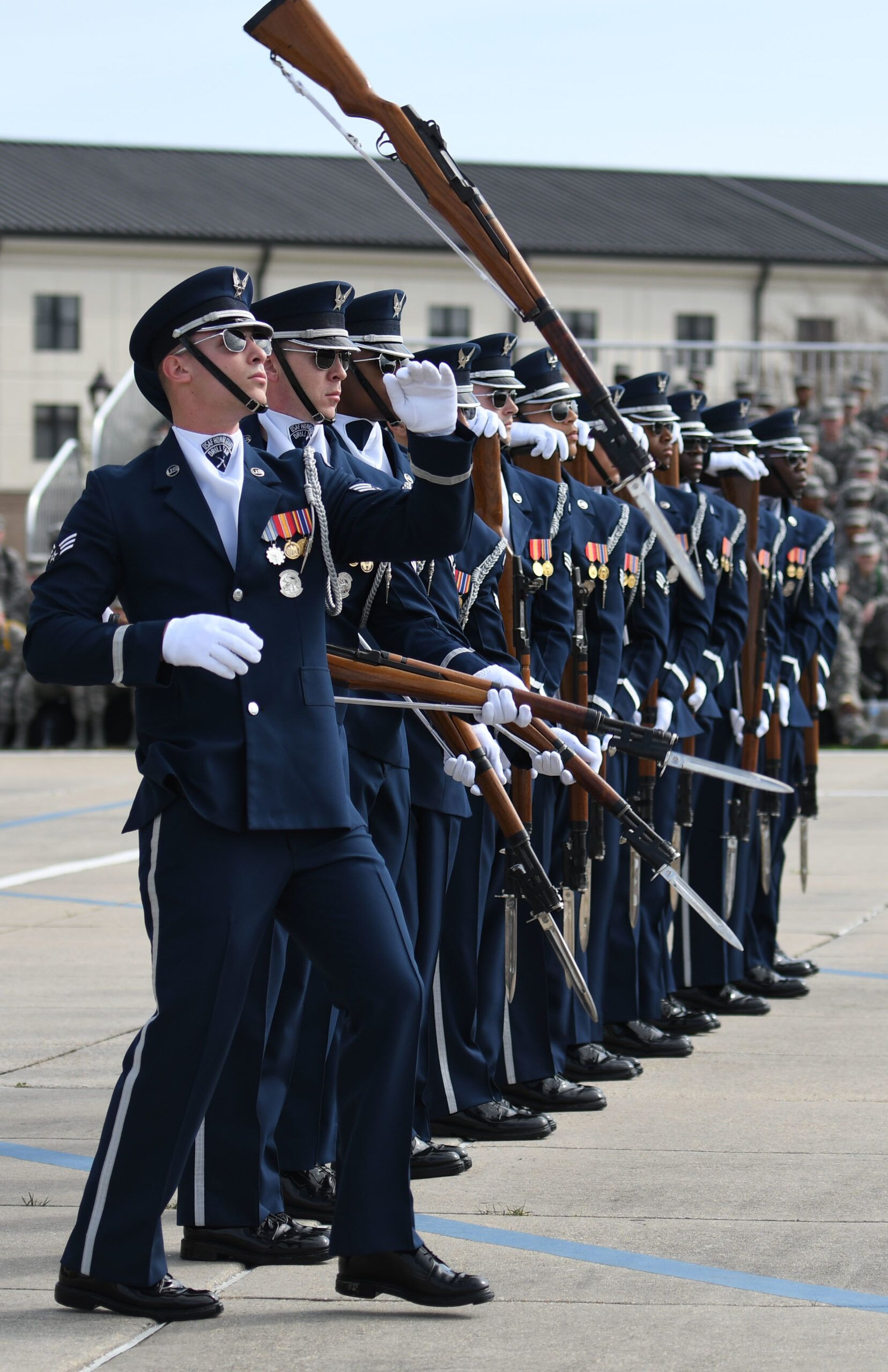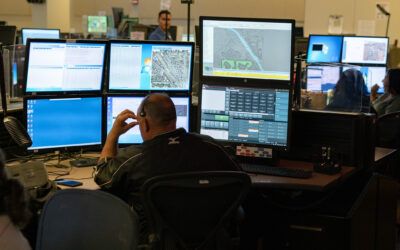EPISODE 130
The power of professionalism

What is a professional? The dictionary says, at its simplest, that it’s someone paid to perform a task, as opposed to an amateur. But there’s more to it than a paycheck. In this episode, Jim and Mike examine the characteristics of what we know as professionalism, and how they apply in the world of the tactical…well, professions. Professionals don’t choke when the chips are down.
There’s a high expectation of professionalism in the military and law enforcement worlds, but what does that mean? It’s easy to mistake the basics of bearing and rule-following as learned in early training for professionalism, but Mike and Jim point out that the professional is trusted to understand the situation well enough to take ownership of it, and the competence and expertise to make the hard decisions.
Like what we’re doing? Head over to Patreon and give us a buck for each new episode. You can also make a one-time contribution at GoFundMe.
Intro music credit Bensound.com
CLICK BELOW TO SUBSCRIBE NOW ON YOUR FAVORITE PLAYER
THANK YOU TO OUR SPONSORS! PLEASE GO CHECK THEM OUT
Recent Episodes
Catching Up After a Busy Week
Mike tells us about recent lessons from K9 training, and Jim tells us about arguments he had on the neighborhood facebook page about CHEMTRAILS and whether birds are real.
Times Jim Has Called 911
Jim tells Mike about some of the emergencies he has faced on the ground. We discuss when to call 911, what to tell them, and what first aid Jim applied as well as whether he got sued for helping someone. Did he thwart a murder plot in a hot air balloon? What exactly is degloving? Tune in and find out.













